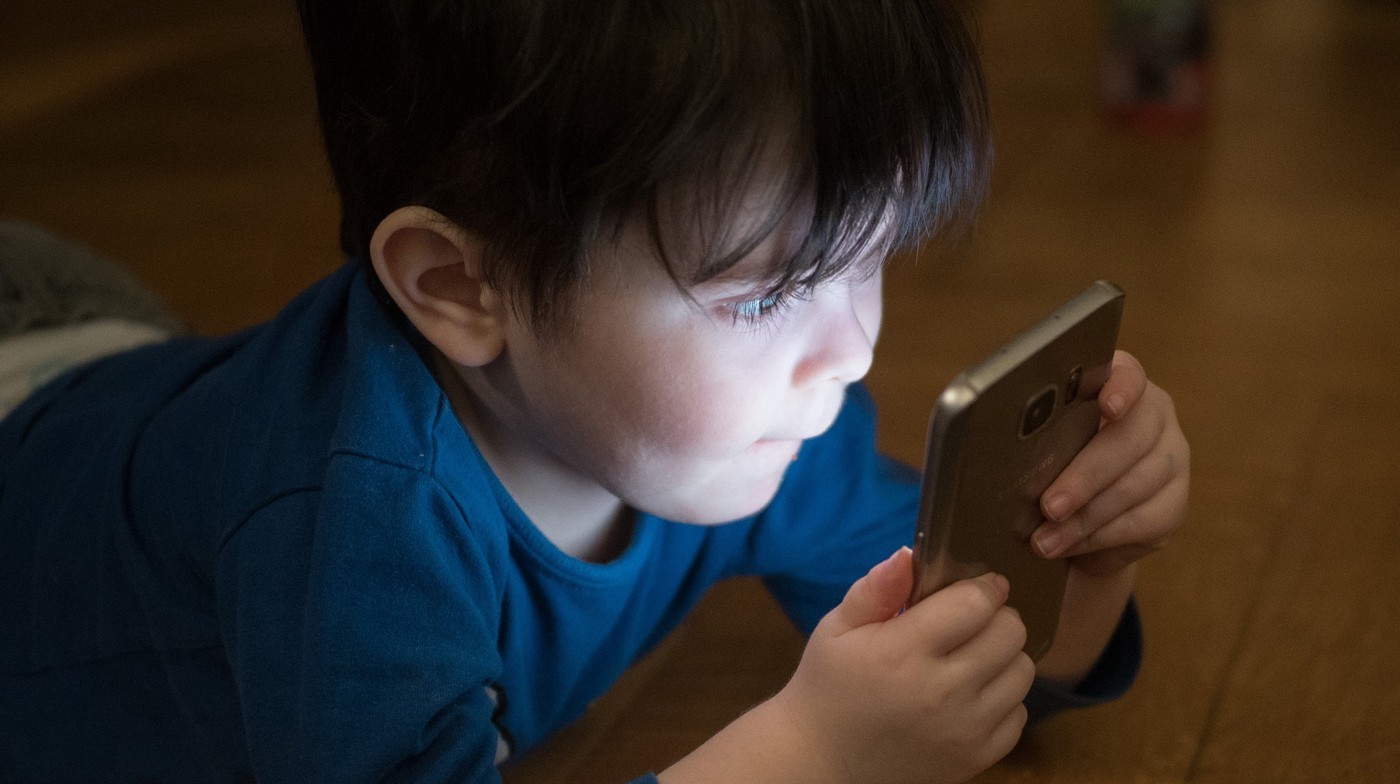The unseen damage of excessive screen time on Iraq's young eyes

Shafaq News/ As articulated by experts, there is a palpable and unyielding exigency to establish comprehensive regulations and legislative measures pertaining to the usage of intelligent devices. The predominant concern is the marked detrimental impact on the psychological, social, and moral maturation of children, stemming from prolonged engagement with mobile phones, iPads, laptops, and analogous electronic devices. Moreover, considering the ubiquity of smart devices amongst all age demographics, it is crucial for adults to adopt responsible usage habits and thereby serve as influential exemplars for younger generations, who frequently emulate their behaviours without full comprehension of the potential risks.
Termed as a "double-edged weapon" by esteemed psychiatrist Dr. Batoul Issa, the role of electronics in society is both essential and perilous. The ubiquity of these devices necessitates that children become adept in their operation for efficacious societal participation. However, their misuse carries the potential for significant adverse effects.
Dr. Issa further elucidated that incorrect usage of electronics by children precipitates not just physical health issues, such as cephalgia and cervical pain due to excessive bending over devices, but also ocular strain, irregular sleep patterns, and neglect of essential responsibilities like homework and domestic tasks. Beyond these immediate consequences, she highlights further-reaching psychological and moral issues, including heightened irritability, incessant demands for monetary resources to purchase recharge cards, and in extreme cases, resorting to theft.
Asserting the importance of prevention over remediation, Dr. Issa insists that parents should actively exhibit responsible behaviour towards electronic devices. Parents are urged to abstain from utilising their phones excessively, especially in the presence of their children, thereby encouraging them to engage in mentally and physically stimulating activities such as athletics, reading, or pursuing personal interests, such as music or sketching.
She further advocates that the duration of smart device usage by children should be prudently moderated to no more than two hours daily— ideally apportioned as one hour during the day and another at night. Moreover, parental supervision during this period is crucial to mitigate the exposure of children to potentially inappropriate content appearing in advertisements, which might contravene cultural traditions and propriety, including themes that promote homosexuality and improper interaction between genders.
Adding his expertise to the discourse, Dr. Ahmed Rushdi, a Professor of Immunology at the Faculty of Medicine, encapsulates the health issues precipitated by children's usage of electronic devices into three primary domains—psychological, physical, and social. Among the various bodily organs affected, he asserts that the eyes suffer the most pronounced impact.
Dr. Rushdi underscores the vital necessity for children to don protective eyewear equipped with a "blue-cut" ray filter, designed to mitigate the harmful radiation emitted by smart devices. This precaution is of significant importance given that extended exposure to these devices often leads to compromised vision.
Furthering this discussion on the ocular impact of smart devices, Dr. Muhammad Hamza, a reputed ophthalmologist, delineates the detriments incurred from their extended usage at a proximity of less than 35 centimeters. These include symptoms such as dry eyes, chronic allergies, corneal edema, ocular erythema, frequent infections, and in severe instances, internal strabismus caused by prolonged focusing on a close point.
Dr. Hamza asserts that children below the age of ten should refrain from frequent usage of smart devices, recommending an optimal daily limit of one hour, equally divided between morning and evening sessions. Moreover, for both educational and recreational purposes, it is more conducive to employ remote screens positioned at least three meters away from the eye. For children older than ten, he suggests a maximum daily screen exposure time of two hours to safeguard their ocular health.